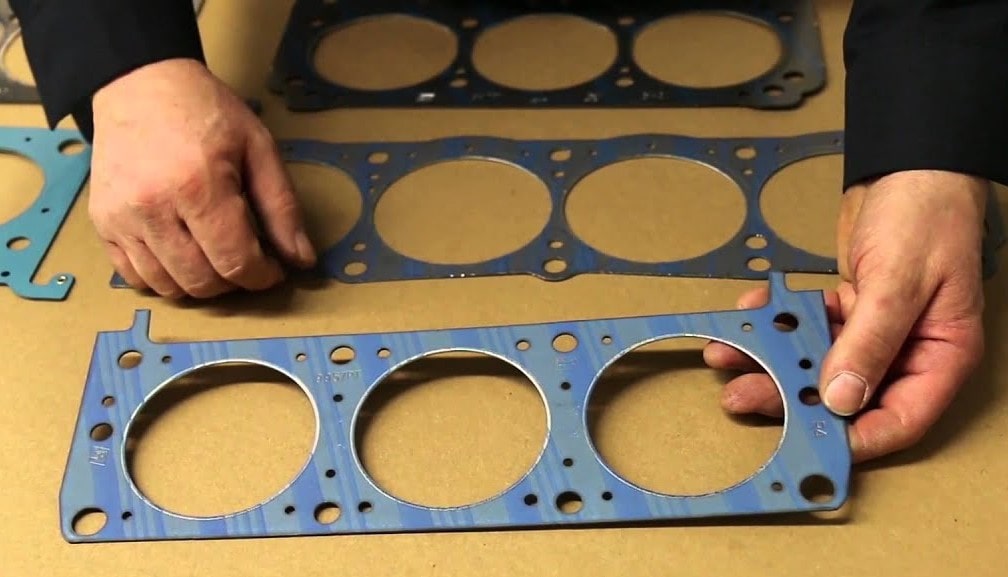
Custom Gaskets
Gaskets play a crucial role when it comes to sealing and connecting two materials to avoid leakages. A custom gasket is even more useful as it has other uses besides sealing and leakage prevention. They help maintain the appropriate levels of compression and also dampen sounds and vibrations on different systems. Custom gaskets are very convenient since they can fit into any irregularities on a surface and hence provide a tight sealing. Gorilla Gasket company offers quality, durable custom gaskets of different shapes, sizes, and materials. Below is a complete guide highlighting the vital aspects to look out for when purchasing custom gaskets.
The Purpose Of The Gasket
There are many types of gaskets in the market including rubber, graphite, non-asbestos, Garlock, Viton (FKM), PTFE (Teflon), expanded PTFE, and many more. They are all used on different flat surfaces as a joint. Before purchasing a gasket, be clear on the purpose you want it to serve in the industry or manufacturing plant. Such information will help you identify all crucial considerations for its effectiveness, for instance, chemical compatibility.
Identifying where you want to use the gasket will allow you to get a custom design suited for that environment, with high effectiveness and minimum damage. For instance, if you need a gasket for a high pressure environment, you need metal ring type gaskets which can withstand pressures of up to 20,000 psi.
If your manufacturing process uses high temperatures, then consider silicone and fluorocarbon gaskets which are made from resistant rubber material that can withstand highly heated environments. It is useful to also note that updates and changes are inevitable even after purchasing a gasket. This is because there may come times when the application or environment changes, and thus you may need new custom gaskets.
The Materials Used In Manufacturing The Gasket
One significant upside of taking the custom gasket route is the opportunity to choose gasket materials. You should take time to understand how the materials making up the gaskets will affect their durability and performance. If you are not conversant with this information, provide your manufacturer with all relevant information and they will help you make the right choice.
Each material has a unique advantage, for instance, silicone rubber has immense flexibility and weather resistance and is a great electrical insulator. They function well at all extreme temperatures from as low as 60 degrees to 400 degrees Fahrenheit. Graphite gaskets are made through a sophisticated graphite machining process and are excellent at tolerating extreme temperatures, whilst also being highly resistant to corrosion from different substances and pressures. Choosing the right gasket is highly job-dependent, but working with a reliable, knowledgeable manufacturer can simplify the process.
The Temperature, Pressure, And Time The Gasket Can Withstand
After identifying the material needed for your gasket, analyze the interactions between the gasket material and the fluids that will go through. This is important because each material chosen for the gasket is best suited for a specific temperature range, pressure, and period of use. For instance, metallic gaskets can provide adequate resistance if the contained fluid is pressurized. Still, they cannot provide a compressed seal at relatively low pressures allowing fluids to leak through the Initially; these factors may appear perfectly accounted for. Still, it is crucial to routinely examine the effectiveness of the gaskets, which decreases with wear and tear after considerable periods of use.
Check Out For Durability
Wear and tear are inevitable, but there are ways to delay it so that gaskets do not fail before their historical average time. One way to do this is to ensure that only reputable manufacturers make your gaskets, those with a proven track record of selling quality merchandise. Custom gaskets are safe to guarantee high quality, though they are more pricey than the premade gaskets.
You can also attempt to keep the environment and fluids that run through the gaskets as constant as possible in terms of temperature and pressure to avoid damage to the gaskets. If the conditions keep changing, they will inevitably damage the product and minimize effectiveness before the predetermined time.
The Regulatory Requirements
Once you have identified all the materials you need for your custom gaskets, be sure to check on your state’s regulations to learn about their expectations. Different states have varied restrictions for the industrial and commercial use of gaskets. These factors are outside your control and affect the choice of gaskets. The health and safety department is likely to offer such directives that may lead to purchasing either higher or lower quality gaskets than you had initially intended.
An example is the compulsory asbestos removal regulations in some states, which affect specific industries’ gaskets. Another example is the restrictions on gasket materials that cannot be used in the food and beverage industry for consumer safety concerns. Also, if the gasket uses some form of adhesive, you need to ensure it is safe for the final product you produce, whether edible or otherwise. Regardless of the impact, it is crucial to oblige to all legal requirements to avoid legal battles that cost time and resources.
When looking for custom gaskets, ensure that you have gone through these five factors to avoid avoidable losses through damage. Effective gaskets can offer your company or industry excellent service, and convenience and the opposite can lead to repetitive purchases, frustrations, and significant losses.





